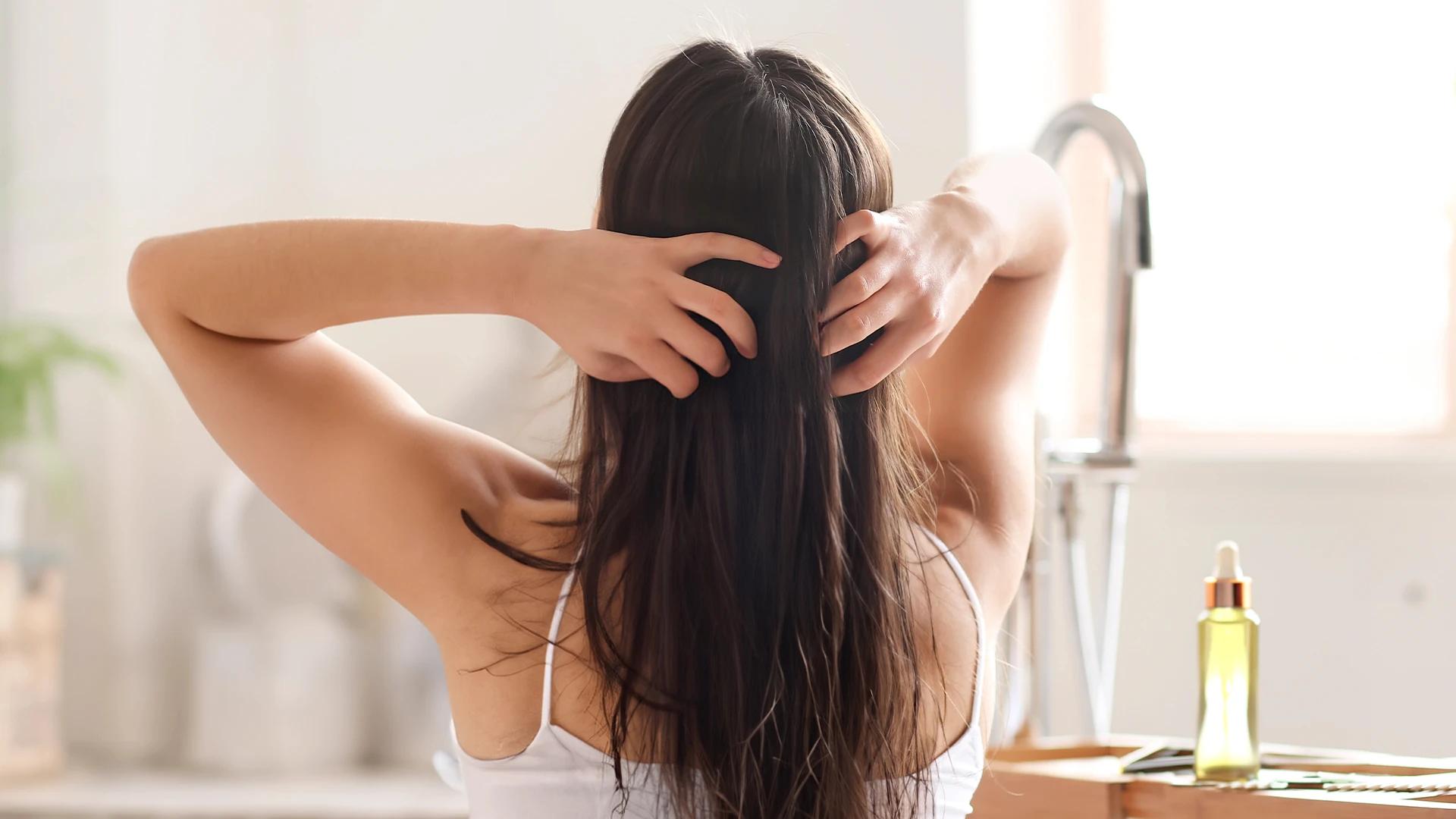Rosemary oil has been shown in studies to be as effective as minoxidil for promoting hair growth when used consistently. Peppermint oil creates a cooling sensation that increases blood flow to follicles, potentially boosting growth. Lavender oil not only smells lovely but also has antimicrobial properties that keep your scalp healthy. Always dilute essential oils with carrier oils before applying to prevent irritation.
Hair Growth Tips for Long-Term Results
Consistency is everything when it comes to seeing real improvements in hair health. These daily habits and techniques build the foundation for stronger, thicker hair over time.
Daily Hair Care Routine for Thinning Hair
Gentle washing 2-3 times weekly prevents over-stripping whilst keeping your scalp clean and healthy. Use lukewarm water instead of hot water, which can dry out your scalp and weaken hair. Pat hair dry with a microfibre towel rather than rubbing vigorously, and avoid brushing wet hair when it's most fragile. Start detangling from the ends and work your way up to prevent unnecessary breakage.
Hairstyles and Techniques to Minimise Hair Fall
Protective hairstyles like loose braids or low buns reduce tension on hair follicles throughout the day. Avoid tight ponytails, buns, or styles that pull at your hairline—these can cause traction alopecia over time. Choose hair accessories made from silk or satin that won't snag or break strands. Sleep on silk pillowcases to reduce friction whilst you rest.
Frequently Asked Questions
These are the questions we get asked most about hair fall solutions. Understanding these basics helps you make better decisions about your hair health journey.
How can I stop hair fall immediately?
Whilst there's no instant fix for hair fall, you can minimise further damage by being gentle with wet hair, avoiding heat styling, and starting a scalp massage routine. Addressing nutritional deficiencies and using a mild shampoo can help within weeks, but true regrowth typically takes 3-6 months of consistent care.
What are the best hair fall solutions at home?
Scalp massage with natural oils, maintaining a protein-rich diet, and using gentle hair care products are brilliant starting points. Aloe vera masks, fenugreek treatments, and reducing stress through exercise or meditation can also help. The key is consistency—try one or two methods for at least 3 months before switching approaches.
What causes hair fall in females?
Hormonal changes during pregnancy, menopause, or PCOS are common culprits. Iron deficiency, thyroid issues, and extreme dieting can also trigger hair loss. Stress, harsh hair treatments, and tight hairstyles contribute to the problem. Sometimes it's a combination of factors rather than just one cause.
Which vitamin deficiency causes hair loss?
Iron deficiency is the most common nutritional cause of hair loss, especially in women. Vitamin D, biotin, zinc, and protein deficiencies can also lead to thinning hair. A balanced diet usually provides these nutrients, but blood tests can identify specific deficiencies that might need supplementation.
How can I regrow hair naturally?
Consistent scalp massage improves blood circulation, whilst a nutrient-dense diet supports healthy growth from within. Essential oils like rosemary and peppermint, along with natural treatments like onion juice or fenugreek, may help stimulate regrowth. Patience is key—natural regrowth typically takes 4-6 months of consistent effort to become noticeable.
Final Thoughts
Hair fall doesn't have to be permanent, and finding the right solution often means combining several approaches rather than relying on one quick fix. Whether you're dealing with hormonal changes, nutritional gaps, or stress-related hair loss, addressing the root cause whilst maintaining gentle hair care habits gives you the best chance of success. Remember, everyone's hair responds differently, so what works brilliantly for your mate might need tweaking for you. Be patient with the process, stay consistent with your chosen methods, and don't hesitate to consult a healthcare professional if you're seeing sudden or severe hair loss. Your hair journey is unique, and with the right approach, you can work towards healthier, stronger strands.

 100 ml
100 ml 230 ml
230 ml 300 ml
300 ml 180 ml
180 ml